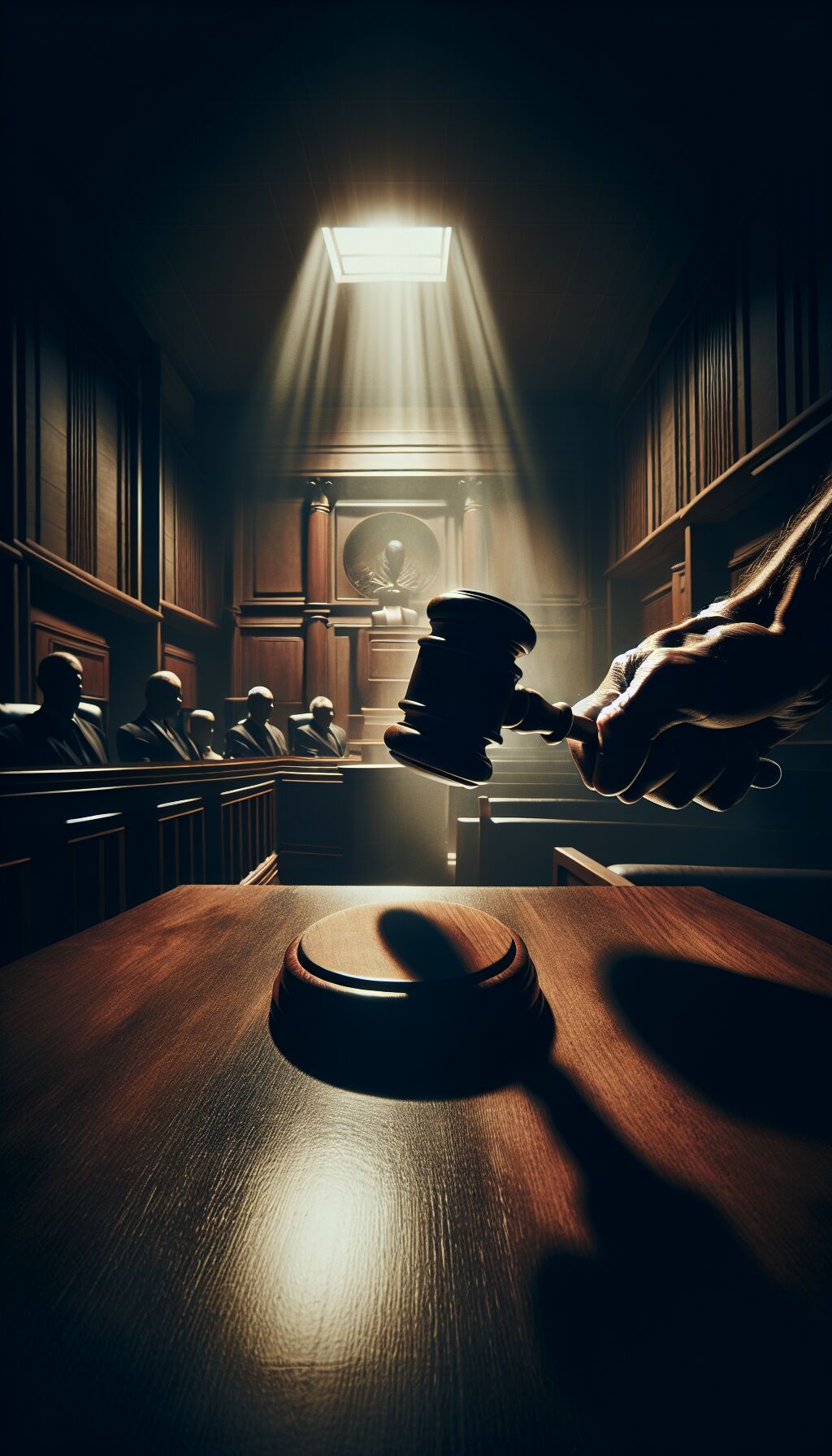Supreme Court Denies Trump’s Bid to Block Sentencing in New York Case
The United States Supreme Court has officially denied an emergency petition by President-elect Donald Trump seeking to postpone his impending sentencing in the high-profile case of New York v. Trump. This legal setback comes as Trump desperately seeks to challenge a jury’s verdict handed down in the state court.
A Quick Turnaround on Petition
On Wednesday, just days before the scheduled sentencing date, Trump’s legal team submitted an urgent request to the Supreme Court. The petition aimed to block Judge Juan Merchan’s decision to schedule a hearing for January 10. The court, in a brief order, stated that it had considered the application and found it lacking in merit for multiple reasons.
Details of the Court’s Order
The Supreme Court’s order, presented by Justice Sonia Sotomayor, highlighted that the alleged evidentiary violations could be addressed through the normal appeals process. It asserted, “First, the alleged evidentiary violations at President-Elect Trump’s state-court trial can be addressed in the ordinary course on appeal.” Furthermore, the court reasoned that the impact the sentencing would have on Trump’s responsibilities is “relatively insubstantial” given that the Judge intends to impose an “unconditional discharge” after a brief virtual hearing.
Judicial Divisions and Voting Breakdown
The order indicated a division among the justices; Justices Clarence Thomas, Samuel Alito, Neil Gorsuch, and Brett Kavanaugh were in favor of granting Trump’s application while the majority sided against it. Trump required five votes to win approval for his petition, highlighting a crucial coalition of votes. It appears that Chief Justice John Roberts and Justice Amy Coney Barrett affirmed the decision alongside Justices Sonia Sotomayor, Elena Kagan, and Ketanji Brown Jackson against Trump’s motion.
Sentencing to Proceed
Following the Supreme Court ruling, Trump’s sentencing will proceed as scheduled, with the president-elect expected to appear virtually. The hearing is set for 9:30 a.m. on Friday. This pivotal moment comes after a New York jury found Trump guilty of falsifying business records in the first degree, a verdict stemming from an investigation led by Manhattan District Attorney Alvin Bragg.
Trump’s Legal Challenges
Trump has consistently maintained his innocence, appealing the ruling set forth by Judge Merchan. His petition to the Supreme Court contends that it should suppress ongoing criminal proceedings in the New York Supreme Court until a higher resolution on questions of presidential immunity is reached.
“The Court should also enter, if necessary, a temporary administrative stay while it considers this stay application,” Trump’s legal filing stated. Furthermore, Trump’s lawyers alleged that New York prosecutors improperly included extensive evidence related to his presidential duties, claiming that it contradicts a ruling from the Supreme Court on presidential immunity.
Previous Rulings on Presidential Immunity
Earlier this year, the Supreme Court ruled that presidents have immunity from prosecution regarding their official acts. Trump’s legal representatives argue that Judge Merchan should halt further proceedings and that their appeal can potentially lead to the dismissal of what they label as the District Attorney’s “politically motivated prosecution.” They assert the prosecution is flawed from inception due to the alleged actions of a disbarred attorney.
The Path Forward for Trump
Despite the setbacks, Judge Merchan has indicated that he does not intend to impose a custodial sentence. According to his recent statements, it is unlikely that Trump will face incarceration; rather, he could receive an “unconditional discharge,” effectively meaning no legal punishment will be assessed.
Looking Ahead
As the political landscape unfolds, Trump is poised to be inaugurated as the 47th President of the United States on January 20. Amid these legal controversies, he continues to argue that the charges against him represent a form of “lawfare,” an alleged tactic by Democrats to undermine his election efforts ahead of the upcoming November elections.
Public Reactions and Implications
Public reaction to this legal saga has been polarized, with supporters viewing the charges as an unfounded attack on Trump’s presidency while opponents cheer on efforts to hold him accountable. The implications of how the court proceedings and eventual sentencing will play out remain critical not only for Trump but also for the political landscape as he embarks on a campaign for the presidency amidst legal challenges.
Conclusion
Trump’s legal troubles are far from over, and as he navigates through his upcoming sentencing, the political ramifications are likely to reverberate throughout the 2024 election landscape. With both legal hurdles and the looming presidential inauguration, all eyes are on how this will evolve in the coming days.










